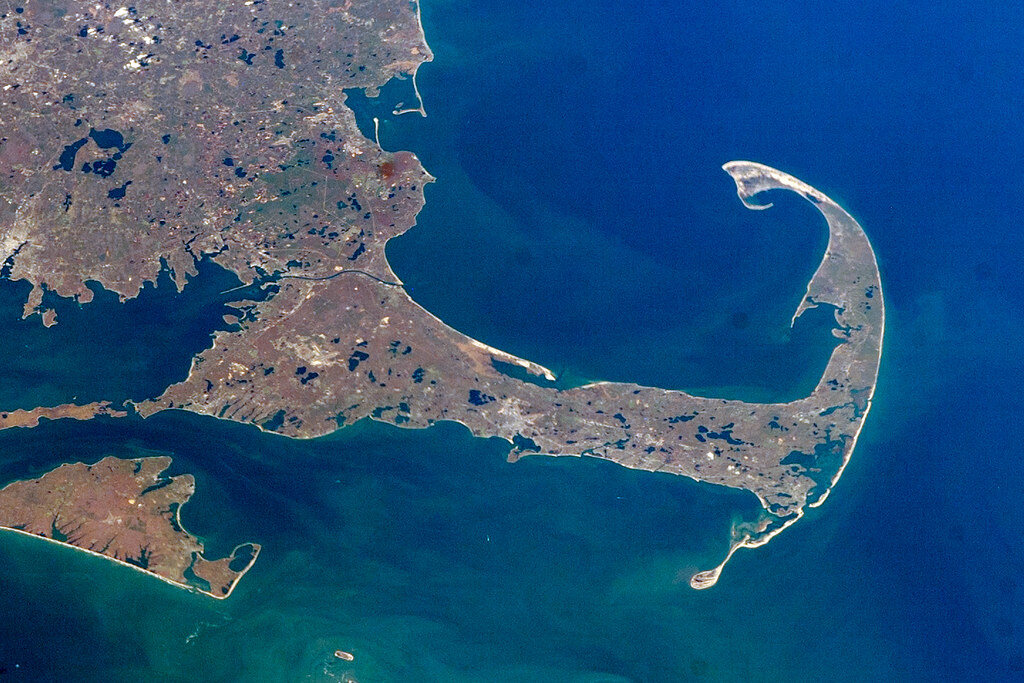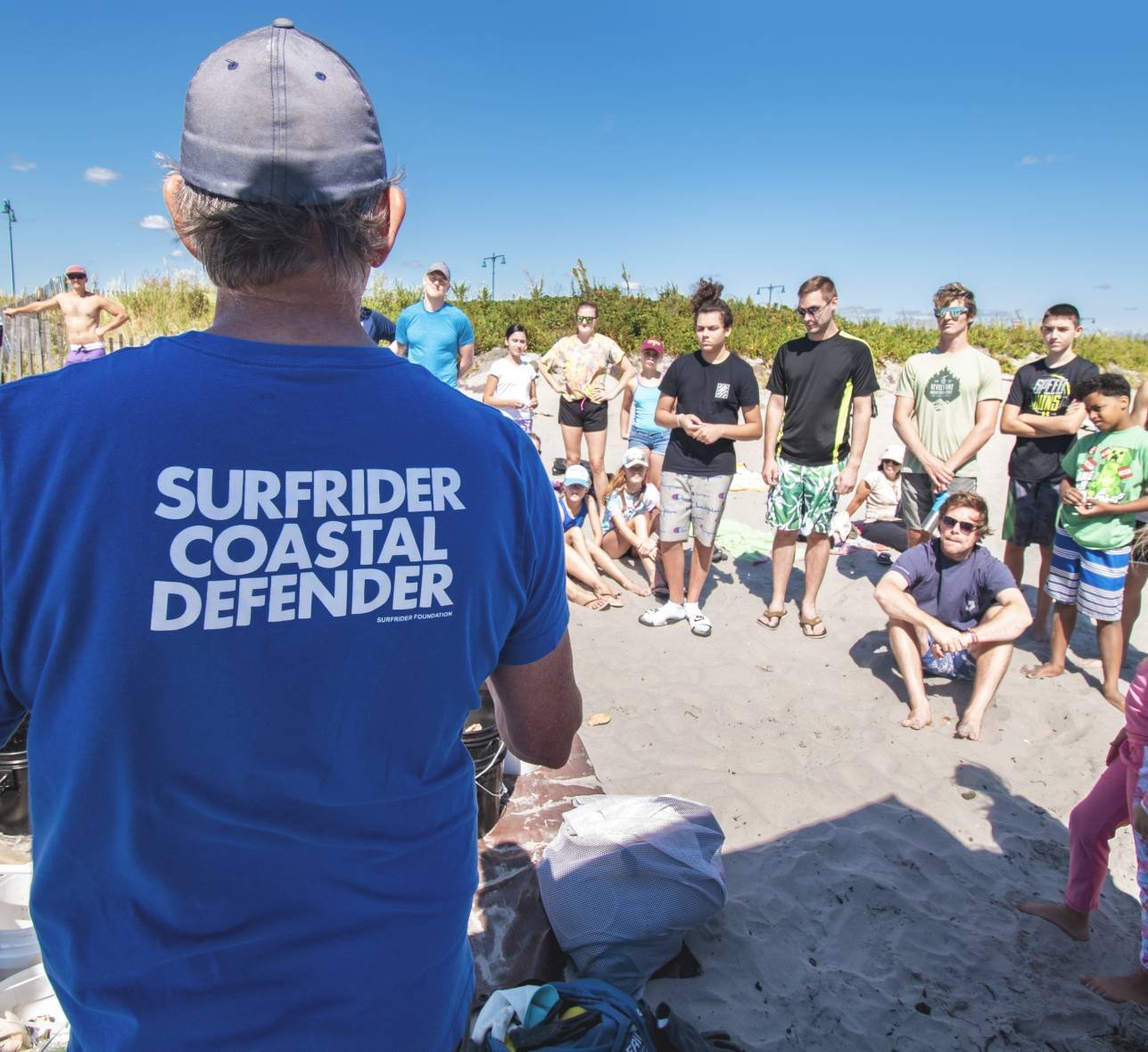
Massachusetts Priority Bills
2025-26 State Legislative Priorities
The Massachusetts Chapter is focusing on these bills during the 2025-2026 legislative session on Beacon Hill. You can help protect the ocean by reaching out to your State Senator and State Representative by phone or email and asking them to co-sponsor and support these bills.
- You can use the Massachusetts Find My Legislator tool if you're not sure who your elected officials are.
- If you're not sure what to say, check out our post on How To Contact Your Elected Representatives

Statewide Plastic Bag Bill
H933 / S590
Disposable plastic checkout bags are one of the most unnecessary forms of plastic pollution, even though reusable alternatives are both affordable and easy to find. More than 70% of MA residents already live in one of the 160+ cities and towns that have passed local laws regulating plastic bags. It’s time for strong, uniform standard statewide!
Key elements of this bill include:
- Requiring retailers to phase out single-use plastic checkout bags over an 18-month period
- Requiring reusable bags and recycled paper bags to be sold for a minimum price of $0.10 to incentivize bag reuse
- Exemptions for food banks and other charities that distribute products at low or no cost to those in need. Additionally, certain small businesses may obtain an exemption from the minimum bag charge.
- Establishing a consistent statewide policy on checkout bags to provide a level playing field for retailers statewide.
>70% of residents and >160 cities and towns in Massachusetts are already covered by local bag laws
Beach Access for All
Did you know that Massachusetts has some of the most restricted beach access in the country? In most coastal states, it is legal to walk anywhere along the beach. However, in Massachusetts, access is controlled by a 1640s law that grants landowners much more extensive private property rights along the beach. In the 88% of MA coastline that is private, only 3 public uses are explicitly protected by state law: Fishing, fowling, and navigation. No wonder everything gets so crowded here in the summer.
Help free the beach for everyone by making sure that simple recreational uses like walking and quiet enjoyment are clearly included among the protected public uses of our coast.
Key elements of this bill include:
- Explicitly including ‘recreation’ in the list of protected public uses of the coast, all the way up to the high tide line.

Our beach access laws date back to Colonial Ordinances from the 1640s. It's time for an update.

Better Bottle Bill
The 1983 Massachusetts “Bottle Bill” has gone over 40 years without any updates, and is now one of the worst performing bottle bills in the entire country. While locations with higher-performing systems like Oregon and Germany achieve recovery rates of nearly 90%, Massachusetts lags behind.
An updated bottle bill will reduce pollution, improve recycling, and cut waste management costs. Let’s make Massachusetts a leader once again!
Key elements of this bill include:
- Increasing the refund amount from 5 cents to 10 cents
- Expanding coverage to most beverages, with the exception of milk, infant formula, and meal replacement liquids
- Increasing the handling fee for each container to grow the number of redemption centers
- Establishing a way to periodically adjust the refund amount and handling fees, if needed to meet specified performance targets
In Mass today, less than half of beverage containers are covered by a deposit and return rates have fallen to just 48%.
Nature for All
H901 / S597
Massachusetts has set ambitious goals to tackle climate change, the loss of biodiversity, and the lack of equitable access to nature. However, without a dedicated, permanent fund for land protection, state programs lack the consistent resources needed to take action at the required scale. By creating the “Nature for All” fund and funding it with existing sales taxes on sporting goods, recreational vehicles, and golf courses, over $100 million per year can be dedicated to land conservation, significantly boosting our chances of achieving these critical objectives.
Key elements of this bill include:
- Creating a “Nature for All” Fund dedicated to conserving and improving natural and working lands. This includes:
- Creating and improving parks and outdoor recreation access
- Conservation to protect water quality
- Conservation to advance biodiversity, climate, resilience, and environmental justice goals
- Restoring and providing access to lands of cultural significance to indigenous people
- The Fund will receive revenue from the existing sales taxes on sporting goods, recreational vehicles, and golf courses. It may also receive donations or issue bonds with legislative approval
- A 15-member board including representatives from government and members of the public will oversee spending from the fund.

